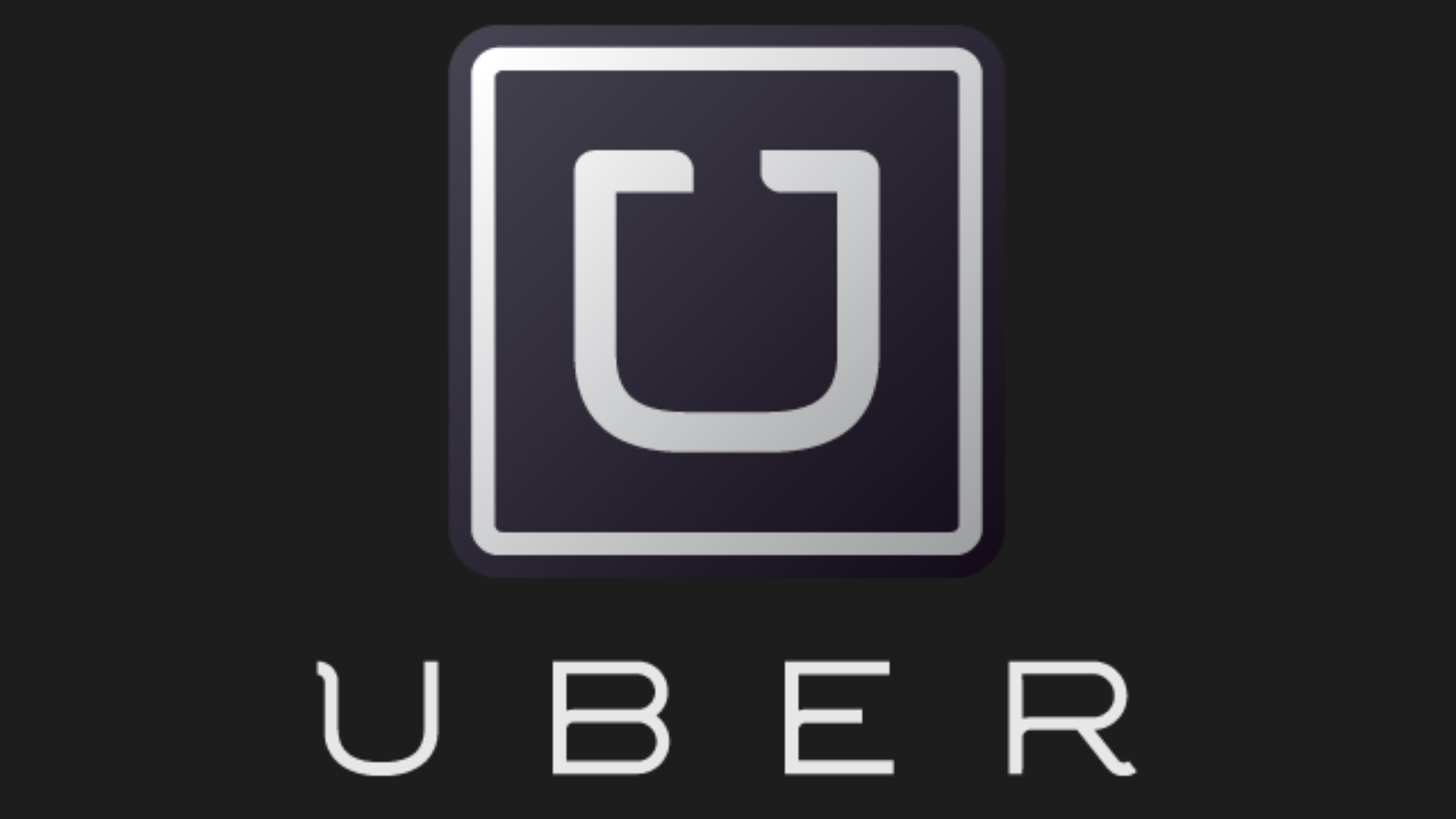 Negotiations about a policy framework for rideshare companies in Nebraska were going on right up to the start of a Nebraska legislative committee hearing this afternoon.
Negotiations about a policy framework for rideshare companies in Nebraska were going on right up to the start of a Nebraska legislative committee hearing this afternoon.
Committee Chair Sen. Jim Smith of Papillion introduced LB 399 as a contingency plan because he feels it is necessary to act during this year’s legislative session.
Senator Heath Mello of Omaha, the primary sponsor of LB 629, has been seeking compromises that will be acceptable to companies like Uber and Lyft, existing cab companies, insurance companies, banks, and trial attorneys to name a few.
He’s not there yet, but he may be getting close.
One thing is clear: There is a sense of urgency to resolve the issue. Among the 20 people who testified before the Legislature’s Transportation and Telecommunications Committee, there was general agreement that Transportation Network Companies (as rideshare companies are defined in the bill) have a role to play in the state’s transportation picture.
“We need a responsible regulatory framework for TNCs to operate in Nebraska,” Sen. Mello said. He pointed out that the last regulatory changes affecting companies like this were made long before mobile applications were invented.
How the role of TNCs is defined and regulated is still up for debate, however.
Some people were not shy about expressing disdain for the way Uber and Lyft entered the Nebraska market. Comments like “muscled in” and “thumbing their nose at regulators” were made, and it was pointed out that Lyft made their “illegal” market entry during the Berkshire Hathaway annual meeting.
Nevertheless, it seems progress is being made.
Confusion over insurance liability remains
One of the biggest sticking points concerns insurance coverage. Questions are still being ironed out about coverage for the personal vehicles that are central to TNC operations, especially during Period 1, the time frame when a driver is logged onto the TNC app but waiting to schedule a passenger. It’s unclear if that time is that considered “commercial” time or personal time for insurance purposes.
Several Uber and Lyft drivers spoke in favor of the legislation, and at least one expressed some confusion about which insurance policy (company or personal) was in effect at what point. Under the legislation, drivers with car loans are also required to notify their lenders if they drive for a TNC, which may affect insurance coverage required by the lender.
Representatives of insurance companies and trial attorneys opposed the legislation at the hearing, but expressed their commitment to continue working with Sen. Mello to reach compromise.
States that have already passed legislation, like Colorado, seem to have worked through the insurance and other issues in a way that is acceptable to most. Representatives said that some insurance companies in states like Colorado are starting to write personal insurance policies to cover contingencies associated with TNCs.
Among the opponents were two cab companies that aren’t necessarily opposed to the idea of TNCs, but just want a level playing field.
Two other cab companies, Happy Cab and the Nebraska Transportation Association, conditionally supported the bill. John Davis, Director of Operations for Happy Cab in Omaha, said “we’re not there yet.” But the most recent version of the bill allowed them to support it at the hearing.
Several supporters expressed support for the broad concept of the legislation.
David Arnold of Straight Shot, representing the Greater Omaha Chamber of Commerce, called for a balanced and prudent approach to managing new business models in a manner that doesn’t stifle innovation.
Bruce Bohrer of the Lincoln Chamber pointed to improvements in the transportation options available in Lincoln, but that more needs to be done.
The Platte Institute and Omaha City Council also expressed their support.
Social benefits of ridesharing services raised
Scott Hatfield, owner of Duffy’s Tavern in Lincoln, talked about the efforts of downtown businesses to improve transportation options for their patrons, especially during peak times like bar closing.
“From about 1 a.m. until at least 3:30, people are scrambling to find a ride,” Hatfield said. He also said his staff turns away about a thousand customers a year who are too intoxicated to serve, but he hates to put them back on the street.
“Let’s give our citizens a chance to get home again,” said Hatfield
Cities like Philadelphia have documented a reduction in the number of DUI arrests following the introduction of ridesharing, particularly among people under 30.
Joslyn Maenner, representing the Association of Students of the University of Nebraska (ASUN), spoke in support of the bill as a way to provide more safe options for students to get home.
The committee took no action on the bill, but indications are that the Legislature will act this year to create a framework for the legal operation of rideshare companies in Nebraska.




